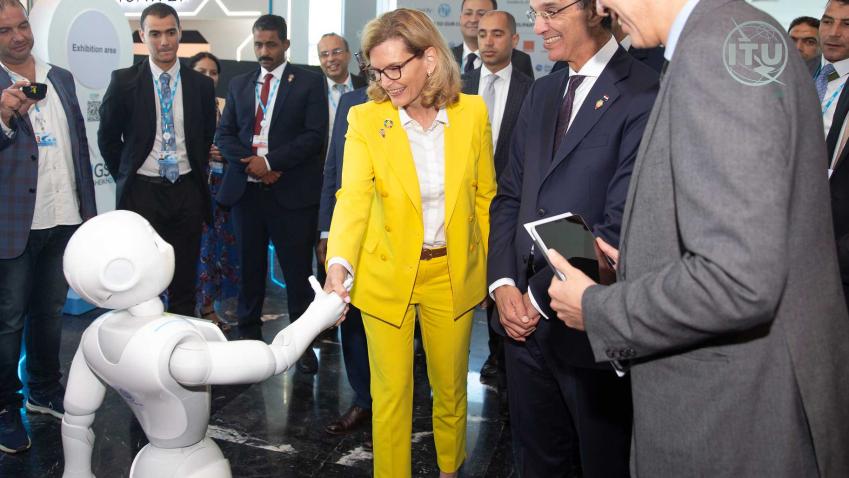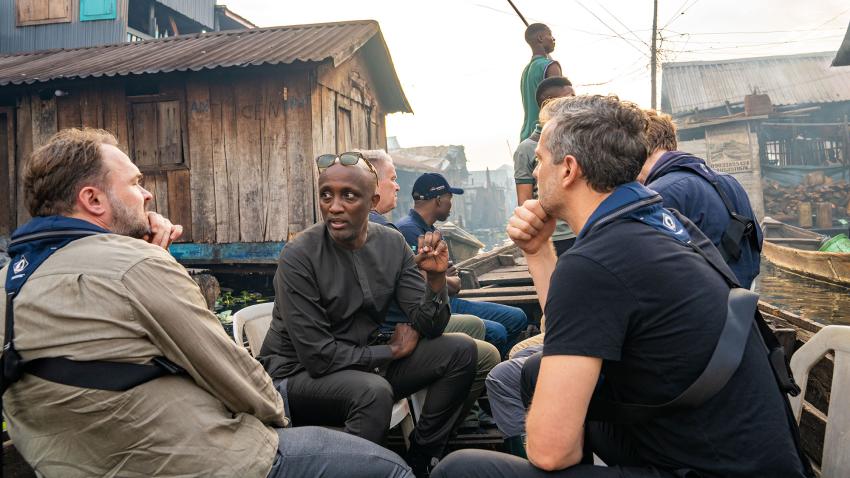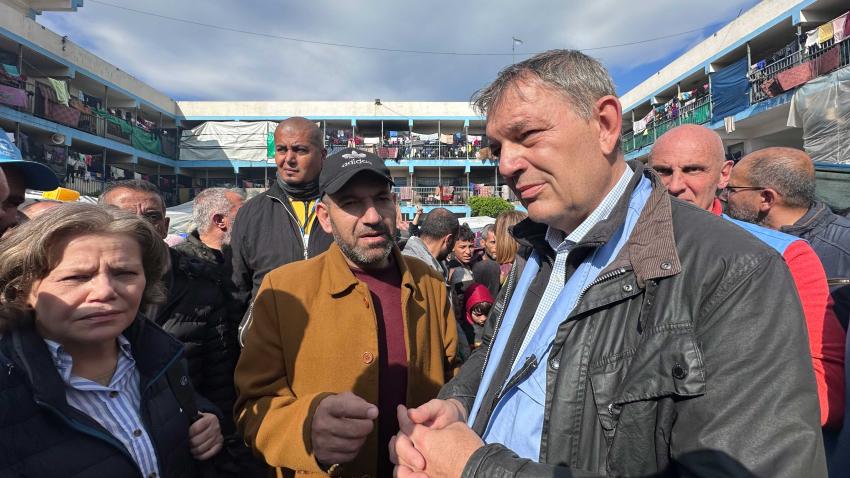“2.6 billion people don't have access to the internet … if you're not part of the digital revolution, you're not going to be part of the AI revolution – we’ve got to close that gap.”
Doreen Bogdan-Martin’s fascinating career handed her a front row seat for the digital revolution. Now Secretary-General of the International Telecommunication Union (ITU), she’s among those leading global efforts to set guardrails on the use of Artificial Intelligence.
“I think we've never seen anything like this before … the plane is in flight and we're building it while we're flying - it's tremendous.”
AI presents huge opportunities for humanity, but also poses great risks. In this episode, Doreen Bogdan-Martin reflects on working to ensure the humane and sustainable use of AI, on connecting the billions around the world who are not yet online, and on juggling a career with four children.






